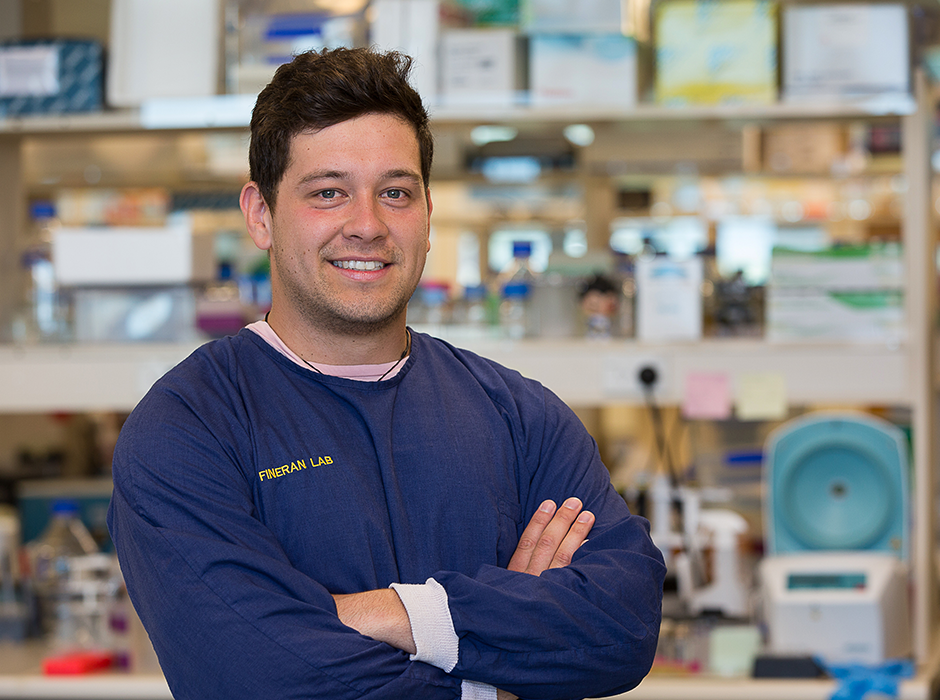
Starting with physical education and ending with microbiology, Howard Maxwell has had an interesting journey to his PhD, researching antibiotic resistance.
Howard Maxwell has travelled a long way since growing up in Ōpōtiki, a small town in the Eastern Bay of Plenty, where most of his whānau still remain.
On Saturday, he graduated in Dunedin with a PhD in Microbiology.
He proudly whakapapas to Te Whakatōhea, Te Whānau-ā-Āpanui and Ngāti Porou on his father’s side and Te Āti Haunui-a-Pāpārangi on his mother’s side.
The recipient of a Health Research Council PhD Scholarship, Maxwell’s research focused on investigating quorum sensing regulation of CRISPR-Cas systems, with a view to better understanding antibiotic resistance. "Preventing the spread of antibiotic resistance will reduce the threat of infectious disease in Māori, who are disproportionately affected by infection and resistance,” he says.
“Our research uncovered the dual regulation mechanism of SmaR and identified bacterial defence systems under the direct control of quorum sensing,” he says.
Maxwell’s time at Otago began in 2013 when he came to study physical education.
He found that Dunedin was “unsurprisingly quite different to Ōpōtiki, and I dare say it, a bit of a culture shock. However, the relaxed nature of Otago suited me really well and I was able to make many great connections.”
Maxwell realised quickly that his favourite part of the PE curriculum was the hard science aspects so opted to “jump ship to do a Bachelor of Science, with a bit of politics on the side.”
“This eventually led me to the Microbiology department, where I loved the molecular aspects and understanding how these microbes worked and influenced our lives.”
He found the discovery aspect of research “really exciting.” And always enjoyed “going into the lab and throwing things together to see what would happen.”
Towards the end of his PhD, Maxwell took up his current role at the University of Otago (Wellington) as Scientific Officer for Māori Health Advancement, which he says slowed down the PhD writing process. “However, with the help of my supervisors and many long nights after work we got it over the line.”
He has now been in this role for just over two years and his goal in it is to “build on the fantastic research we do at Otago to help ensure we contribute to positive outcomes for NZ, particularly for Māori.”
Maxwell is grateful to the many people who have been part of his journey.
“There’s a long list of people to thank. Definitely my supervisors, Peter Fineran and Hannah Hampton, who were massive supports throughout the PhD journey.”
“I also want to thank Rob Fagerlund who provided my introduction to the research environment and set me up for success.”
“I had great Māori mentors in Phil Wilcox, Māui Hudson and Ben Te Aika, who helped me to marry te ao Māori and te ao pūtaiao.
He also wanted to thank Ros Kemp who he notes supported him through undergrad and in his current role with the University.
Asked about his future plans, he says that his main focus at the moment is “working on my reo and trying to perfect my golf swing!”
Kōrero by Communications Adviser, Sally Knox